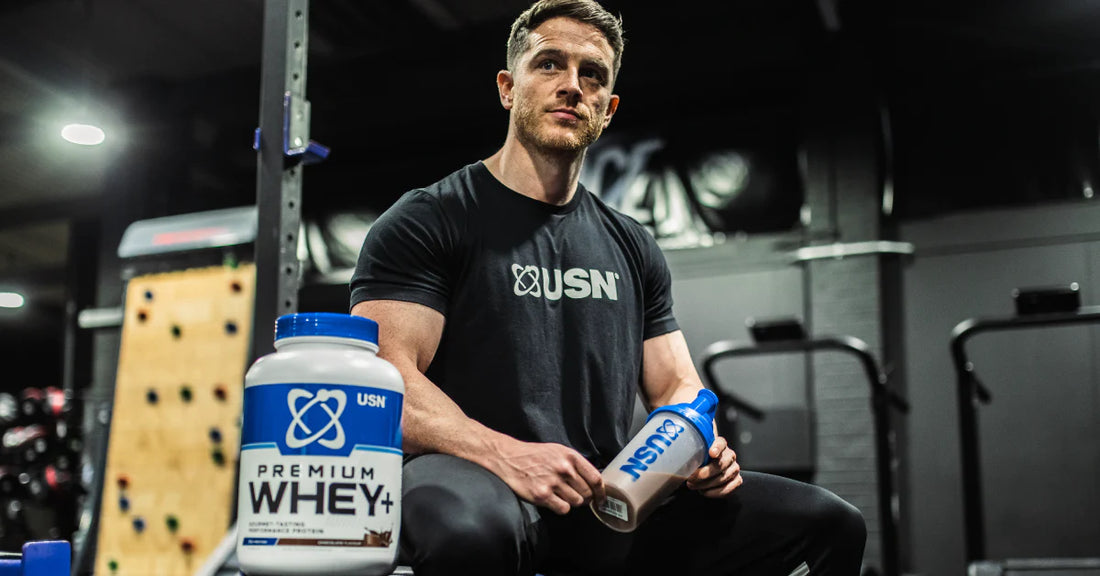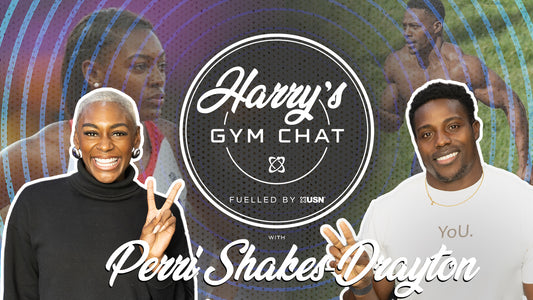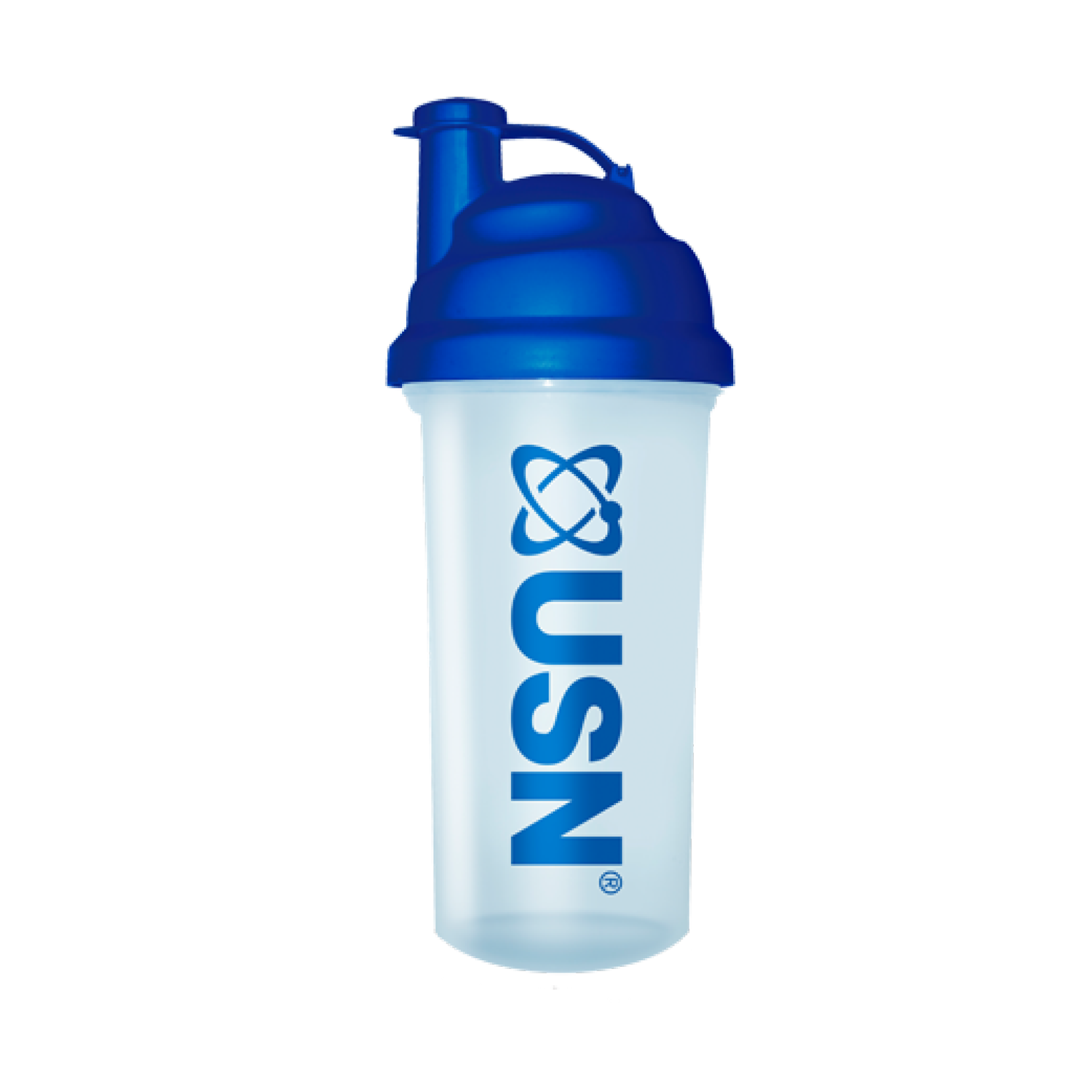
Unlocking Muscle Building Potential: A Guide to Protein and Creatine Supplementation
January 2024Regular resistance exercise is key in order to stimulate muscle hypertrophy (new muscle growth). However, we can often benefit from a little helping hand to really maximize our efforts.
If we are putting in time and energy to work out our muscle groups on a regular basis, either through weight lifting, bodyweight exercises, or traditional strength training practices, then we want to make sure our body has the right ‘ingredients’ to support the new muscle formation we desire.
Helpfully, there are a couple of easy supplementation options which can support your muscle-building goals naturally. These are protein and creatine - here we explore exactly how they can help you.
Why We Need Protein
Protein is absolutely essential when it comes to muscle building. We need to consume enough good-quality protein to get enough of the essential amino acids needed to support new muscle tissue growth.
Amino acids are responsible for both the repair and maintenance of muscle - exercise actually creates small and harmless tears in the muscle and therefore if we lack protein in the diet we can fail to adequately restore muscle health which can hamper growth and development.
Many key studies have demonstrated just how essential protein is not only for building more muscle mass but also in promoting muscle strength, which in turn can help us to do more reps and gain quicker muscle mass (1).
Another way protein can help you to support your fitness goals is by preventing the unhelpful loss of muscle you can experience when undertaking a weight loss regime. When we have sufficient protein then muscle mass will be maintained rather than being broken down as a source of fuel for the body (2).
How Supplementation Can Help
When we are very active it can be hard to consume enough protein to meet the additional needs of our muscles. This is especially true if we are adhering to a form of a calorie-controlled diet, or are prioritizing a plant-based diet.
It is absolutely possible to get sufficient protein during a vegan diet, however, it does take more awareness and planning to ensure enough amino acids are met.
We also have a number of lifestyle factors that can influence our ability to meet our protein needs - for example by training so often that we cannot eat adequate meals, or by training late and night and being able to consume dietary protein post workout.
This is where targeted protein supplementation can come in - we top up our stores of essential amino acids in an easily digestible and effective manner. For best effects, consuming protein powder post workout can ensure we have the supplies needed to do the crucial repair work, as well as to encourage new muscle growth.
This can be useful if you are unable to snack on protein post-exercise, rely on plant-based sources or complete heavy muscle-based exercise several times a week.
There’s only one real consideration when it comes to supplementary protein and your health goals - consuming too much protein powder without undertaking sufficient exercise can promote weight gain as protein is insulinogenic in high quantities - meaning it can promote weight gain, but only if you are drinking it and then sitting down all day.
For most active individuals, a well-timed protein supplement can result in tangible improvements in the speed and extent of muscle growth.
What about Creatine?
Creatine is the number one supplement of choice for the elite athlete looking to improve muscle mass, strength, but also energy during exercise and overall physical performance.
Of course, you don’t have to be an Olympic athlete to benefit - it also improves these aspects of fitness for the regular, active individual too.
In fact, research has demonstrated that creatine + exercise can be up to twice as effective at helping you to gain muscle mass when compared to just exercise alone (3).
The mechanisms by which creatine causes these muscle gains include promotion of insulin-like growth factor one, an increase in muscle hydration, and a reduction in muscle breakdown post-exercise (4).
As another added bonus, creatine tops up your internal stores of phosphocreatine - which is needed to generate the ATP energy currency your body uses as fuel for movement. With more phosphocreatine availability during high-intensity exercise, you fatigue less, helping you to work harder for longer (5).
This also allows you to work out at a higher level, encouraging muscle growth too.
Creatine is one of the only legally acceptable ways to add muscle mass - and it just happens to be one of the most effective too.
In summary, creatine provides a whole host of benefits:
How to take creatine for best effect
Creatine monohydrate appears to be the best form to take - it also is readily available and reasonably priced. Most studies looking at creatine have used this form - with great success.
The strategy for success is to load up your muscles with a high dose of creatine, in the beginning, before transitioning to a lower maintenance dose.
This looks like - taking 20g split into 5g four times a day for an initial five to seven day period. Then you will reduce the amount down to just 3-5g per day to maintain creatine availability and muscle gains.
Of course, you do need to combine this with frequent muscle-based movement in order to get the benefits of this supplement regime. You will likely see the biggest impact if you are already low on creatine - for example if you do not consume much meat - which contains creatine in small amounts as well.
You can decide to continue taking creatine on an ongoing basis, just remembering to check with a doctor if you have underlying kidney issues.
The Takeaway
Both creatine and protein have proven beneficial for the increase in both lean muscle mass and strength when combined with regular exercise.
Protein powder post-exercise can ensure your muscles get what they need to repair and grow, especially if you are very exercise, plant-based or calorie-controlled.
Loading with creatine before adopting a maintenance dose can improve muscle growth, strength and increase your exercise performance.
However, never forget your goals when choosing your supplementation partnership.
Looking to add size and strength? Check out our All in One Muscle Fuel Anabolic.
Looking to add or maintain lean muscle? Check out our Blue Lab Whey Protein Powder and cycle with our Micronised Pure Creatine Powder. Also perfect for those who are looking to generally rest and repair better.
1)https://pubmed.ncbi.nlm.nih.gov/22958314/
2)http://europepmc.org/article/MED/19927027
3) https://pubmed.ncbi.nlm.nih.gov/7778463/
4)https://pubmed.ncbi.nlm.nih.gov/18708688/
5) https://pubmed.ncbi.nlm.nih.gov/9627907/
6) Creatine and Exercise Performance, ISSN Position on Creatine.
7) Creatine Supplementation: An Update, Creatine for Muscle and Strength, Creatine and Performance.
8) Creatine for Exercise and Sports Performance.
9) Creatine and the Brain, Creatine and Cognitive Function, Creatine and Mental Fatigue.


